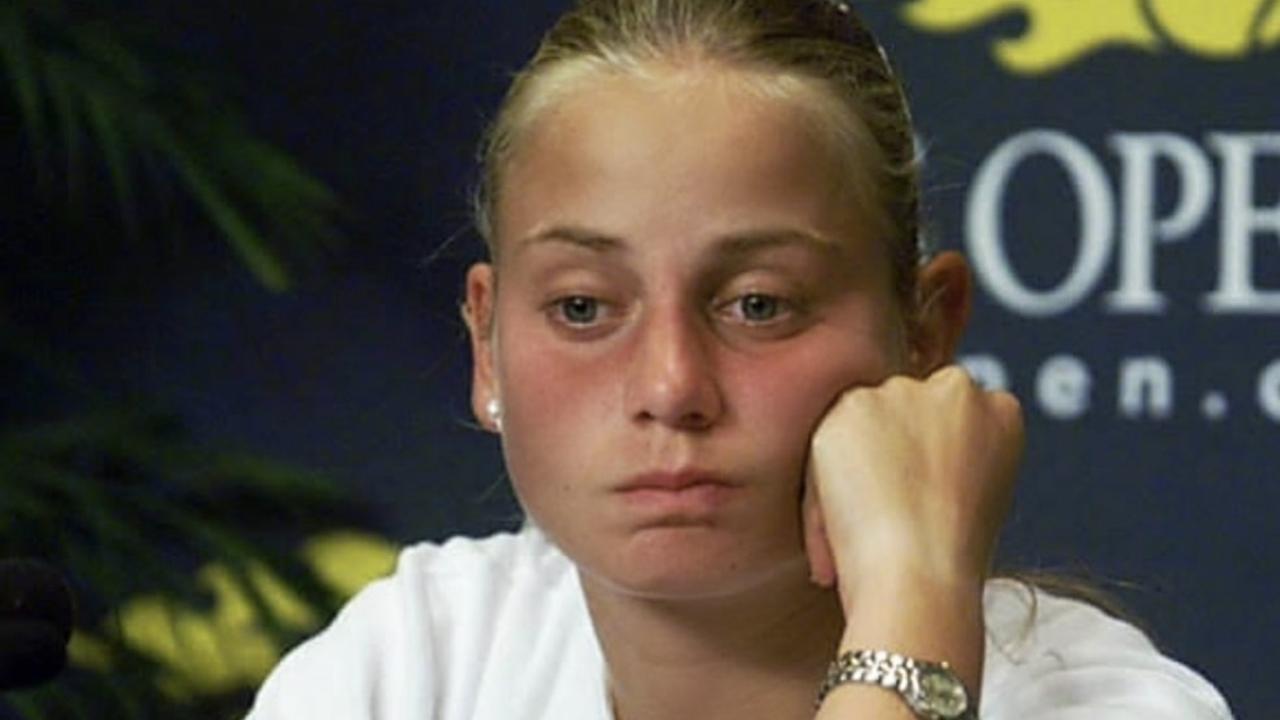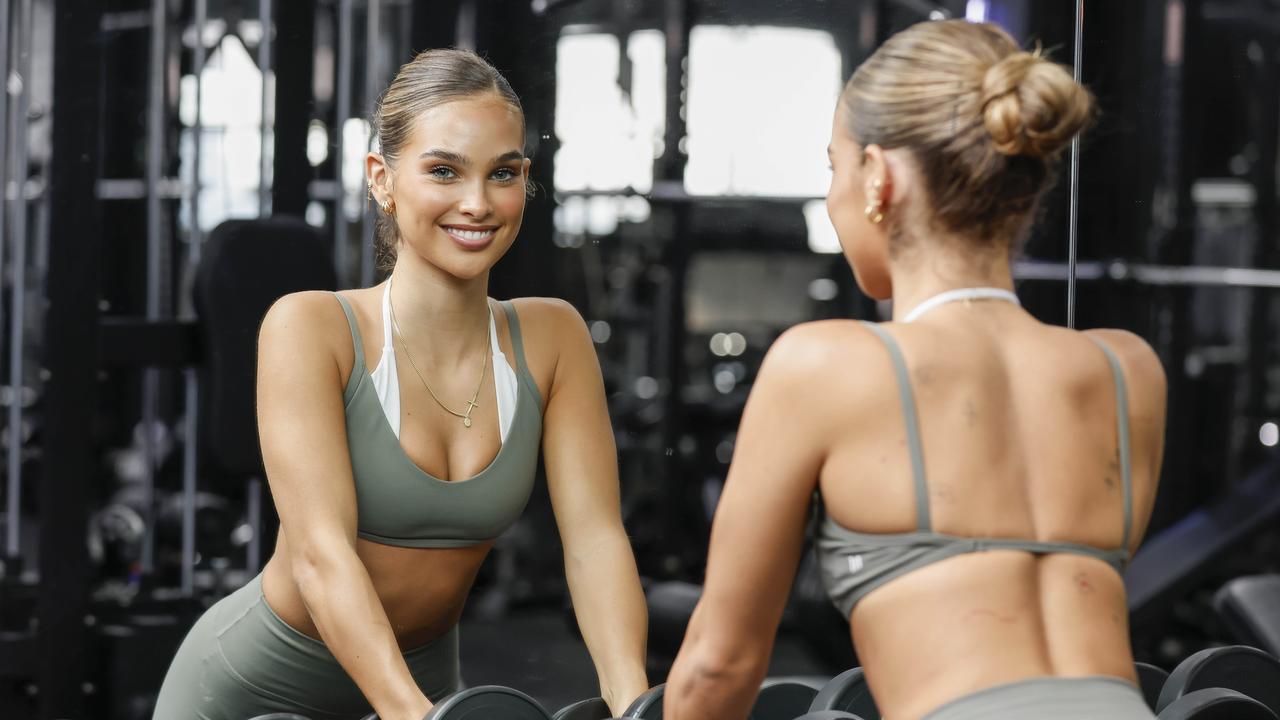Veteran reveals the brutal reality of joining the Australian Army
Brodie Bush was just 17 when he joined the Australian Army. Today, he’s been left with harrowing memories and it’s taken a huge toll on his life.
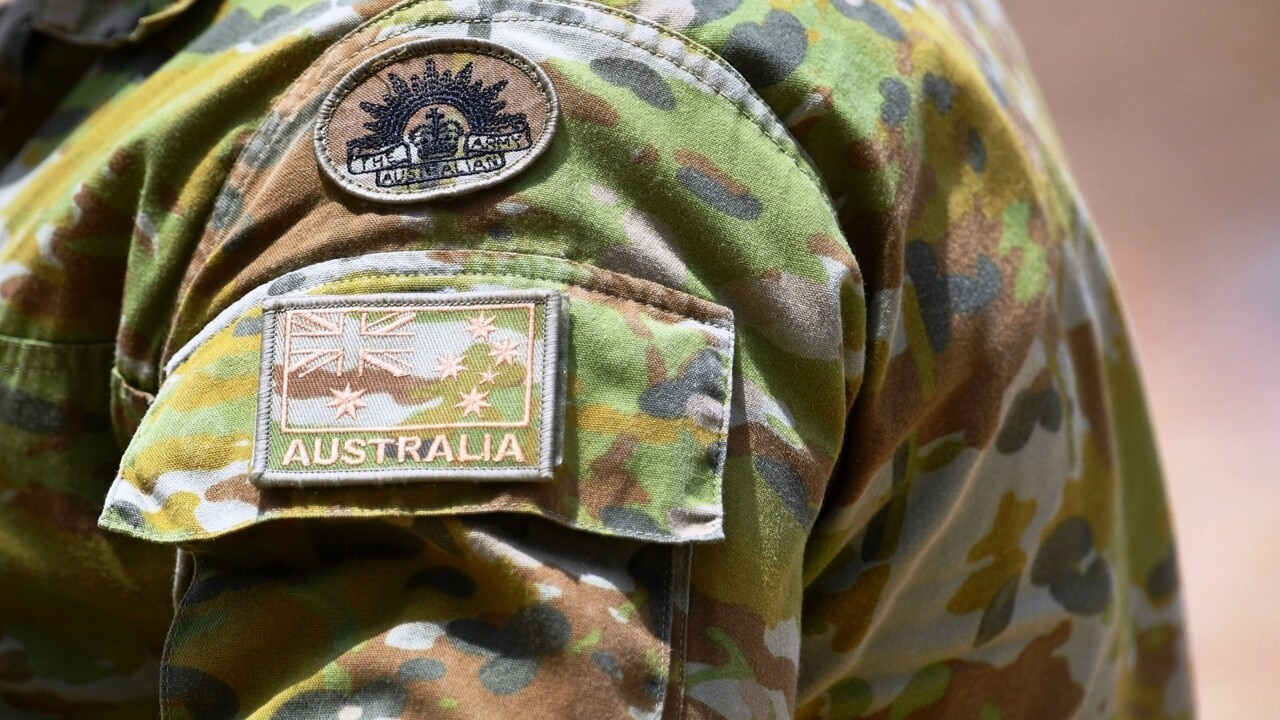
OPINION
The recent Royal Commission into Defence and Veteran Suicide has shone a light on the gruelling suicide statistics which have been plaguing the veteran community for years.
Alarmingly, the latest census data reveals 81,441 veterans have reported having a mental health condition.
As a veteran who entered the army at such a young age, I know first-hand how intense the experience is, the long-term mental health impacts it has and how crucial veteran-tailored services are to readjusting back to civilian life.
In 2008, at 17 years old, I joined the army to become a cavalry soldier. I was young not only in body but also mind, so the experience of basic training was a massive wake up call. I had just turned 18 when I was posted to my first unit in Townsville, which was fast paced with regular field exercises for training and courses.
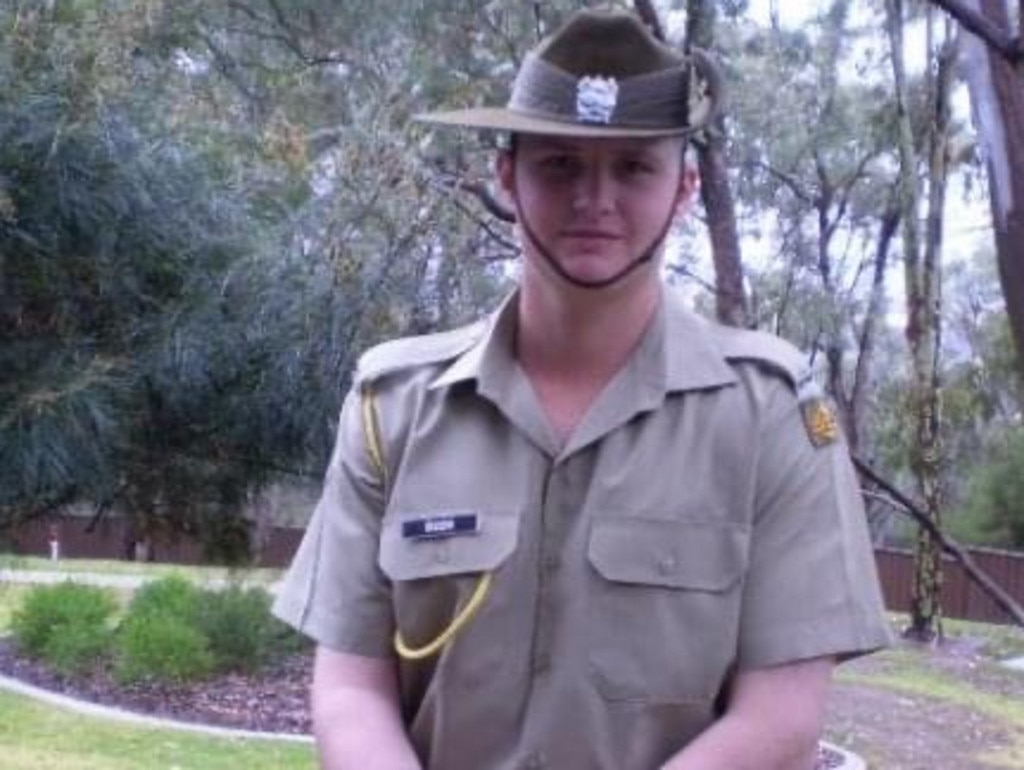
After a year and a half my unit was deployed to Afghanistan on Mentoring Task Force-3 (MTF-3) – an eye-opening and daunting experience for any teenager. The entire process was tough, intense and cutthroat. Being exposed to high-stress and dangerous environments at such a young age meant that I was used to living on edge and always needing to stay alert – which was not healthy at all.
There are situations during my time in service that I can’t even talk about. However, something that has stuck with me was going to assist to retrieve our soldiers at a site that had just been blown up. Due to only having basic training, the best I could do was get frozen peas and corn from the cooks. I felt quite helpless in those moments because there was nothing I could do.
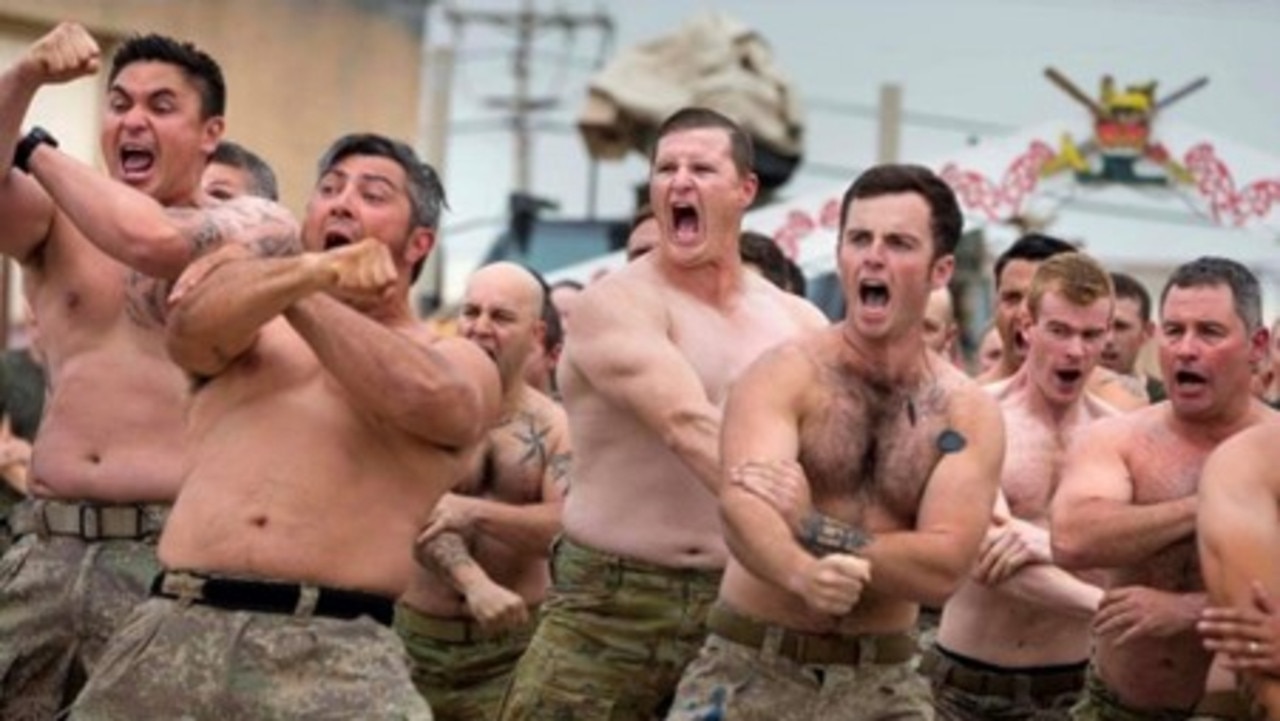
After years of service and finding a passion for first aid, I studied a diploma in nursing and paramedical science. I was posted to the 2nd General Health Battalion in Brisbane, as a combat medic and after several field tasks and close to 10 years of service, I was deployed to Iraq on Task Group Taji 8.
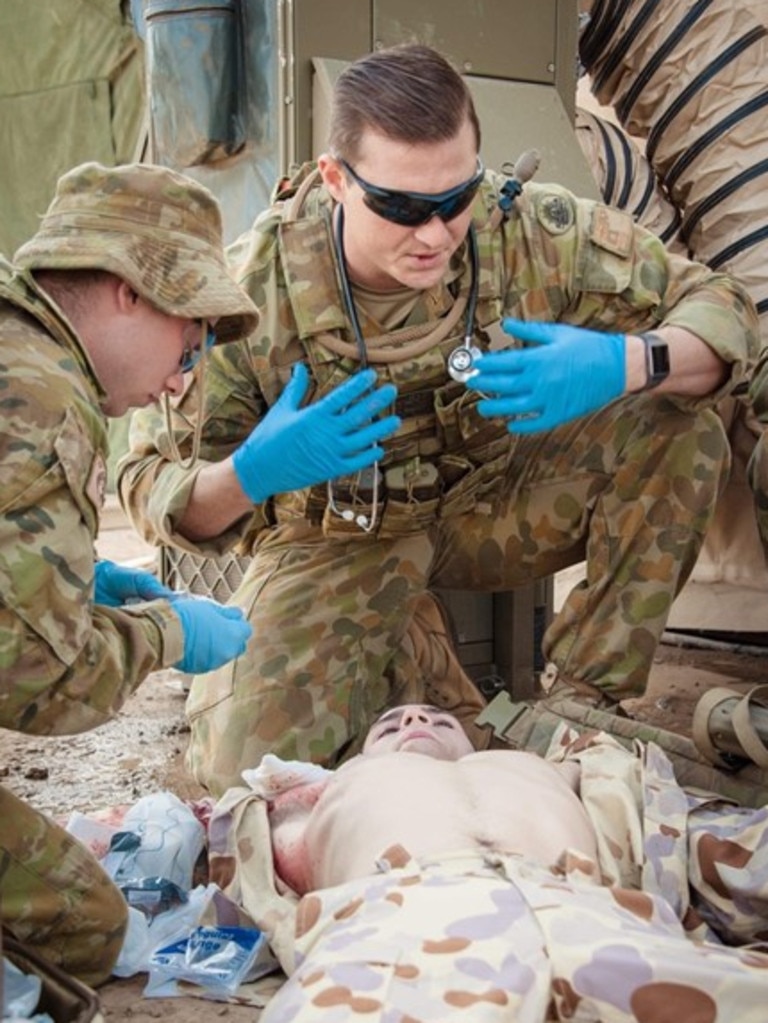
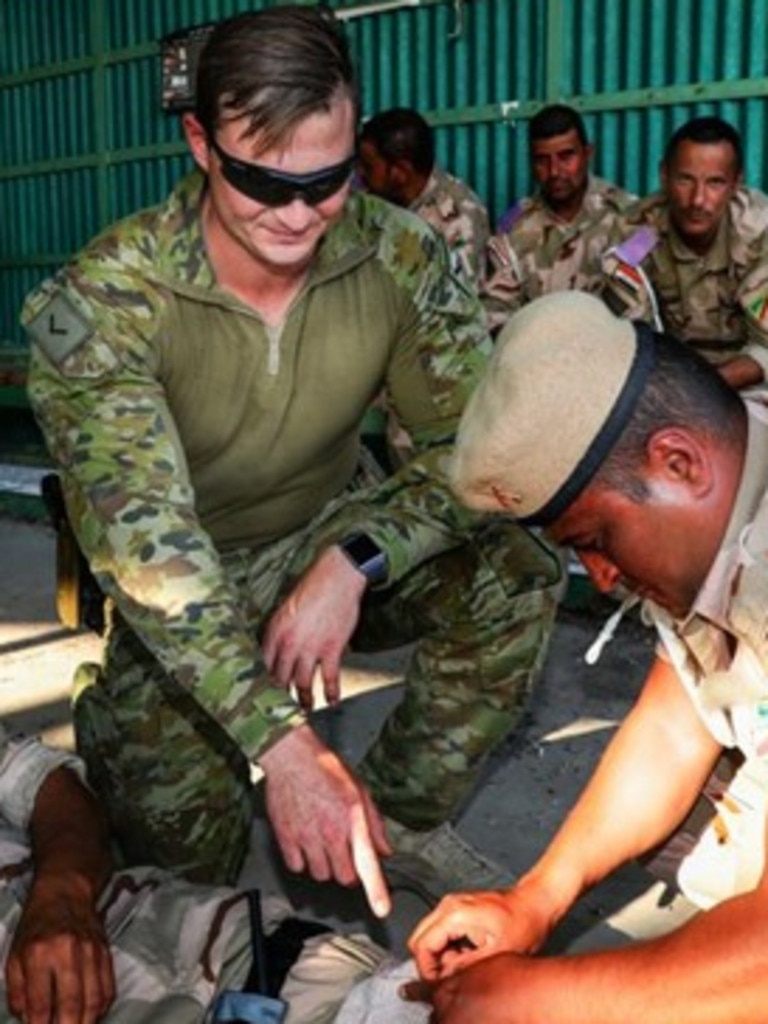
In March 2021, I discharged myself because I wasn’t home enough to be with my family and felt that I was missing a lot of ‘firsts’ such as words, steps, and school days.
I soon learnt that despite leaving the field, the battle would continue in other forms back home. During my time in service, I sustained several injuries over the almost 13 years. I’ve had multiple surgeries on both of my knees and my back and shoulders have had their fair share of wear and tear.
However, my mental health is a more complicated subject to discuss. I have since been diagnosed anxiety, depression, and post-traumatic stress disorder (PTSD).
When I did return to civilian life, my mental health eventually caught up to me and it was extremely overwhelming at times. I think it’s because I had been so hypervigilant for such a long time, the emotions inside of me built up and pushed me over the edge.
I was experiencing panic attacks, chest pains, hyper tensions, loss of appetite and sleep. At times, my anxiety was so bad that I was underperforming at work.
I was constantly exhausted and knew I needed to seek help for my mental health before it took a bigger toll on my life than it already had.
I had left the army of my own accord to be at home with my family and I couldn’t let them down. I know the invisible injuries may take longer to heal but I know that an ongoing conversation is essential to creating change. I realised I’m not OK and it’s OK not to be OK.
I have treated both my physical and mental injuries with rehabilitation and medical treatments. It still is an ongoing battle, but I have made massive strides with the assistance of the Department of Veteran Affairs (DVA), and Veteran Benefits Australia (VBA) and I will never give up.
That’s why when Thomas Bailey, co-founder of Classics for a Cause, recruited me to be part of the Veterans Benefits Australia patient care team as a nurse, I was honoured.
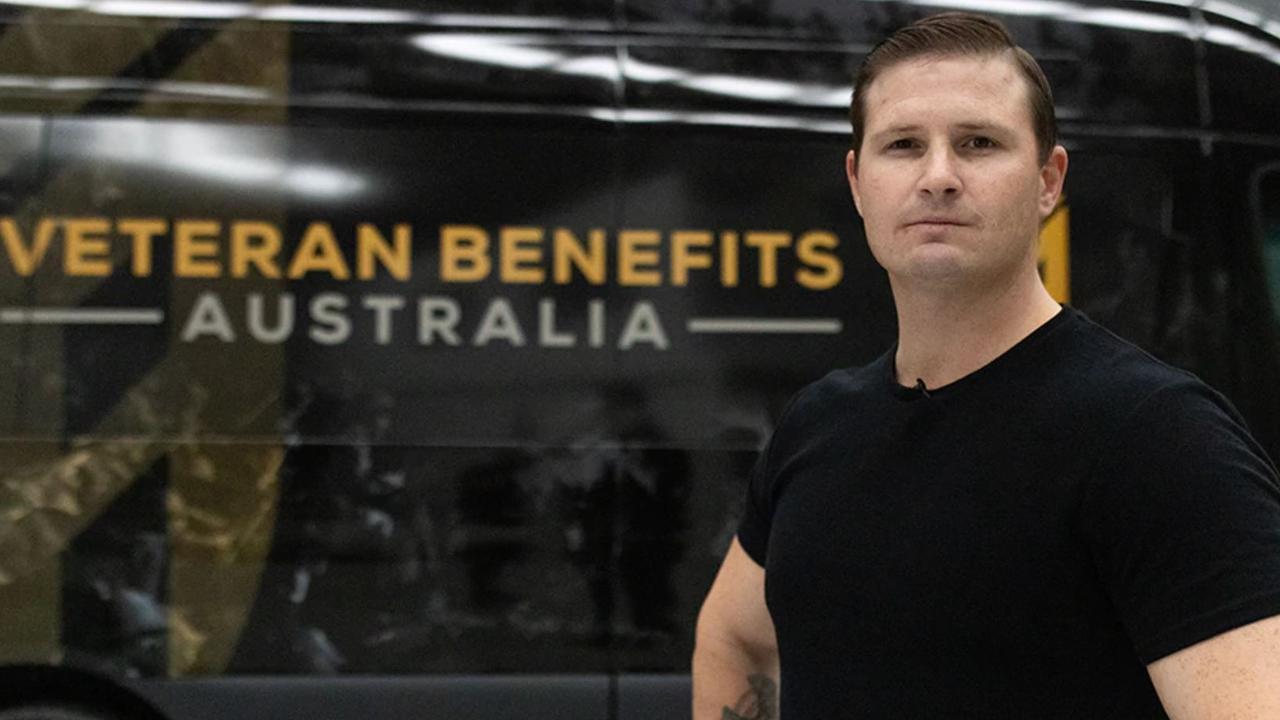
I was unbelievably grateful to have the opportunity to help my brothers in arms and make a difference to those who need it the most through health care plans tailored specifically to veterans.
I’ve experienced first-hand how incredible these programs are.
I can’t stress enough how important mental health services are for veterans like myself who just need that support network around them.
The Royal Commission into Defence and Veteran Suicide is far from over and it’s so important we are doing our bit to help in any way possible to prevent even one more person becoming a statistic.




